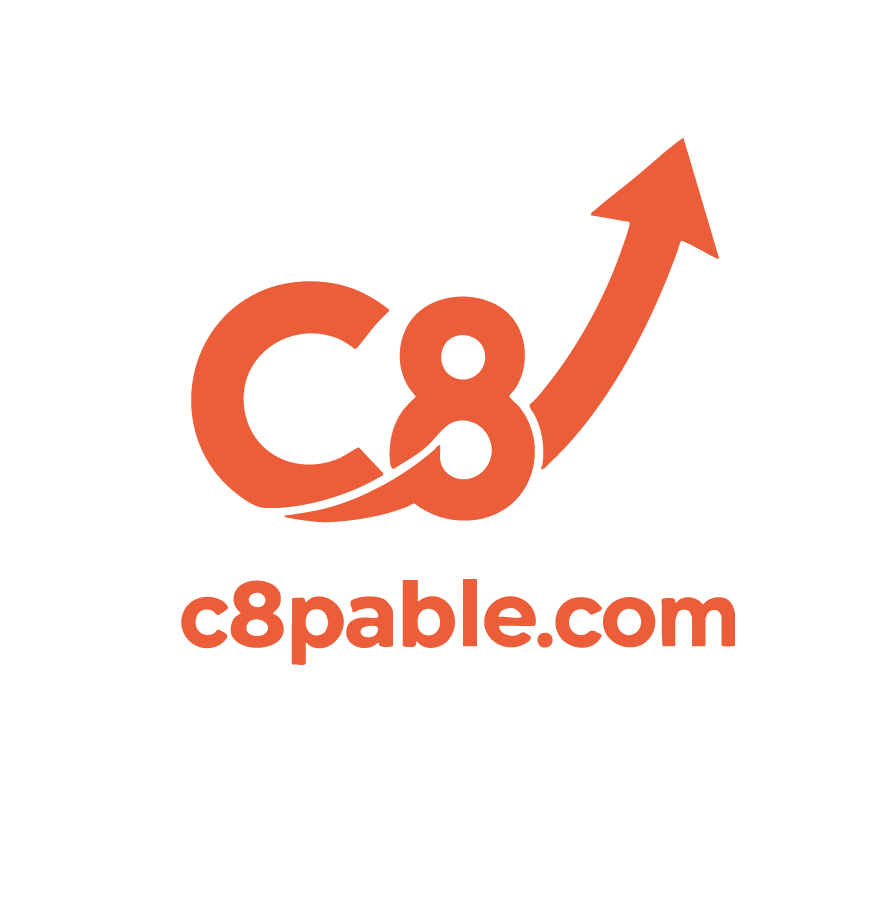Clarity Is Kindness: How Simple Communication Builds Customer Trust
Clear Words, Better Business
In business, how you say something matters just as much as what you say. Using clear, simple language helps people understand you faster—and trust you more.
Long sentences and fancy words often confuse customers or leave them unsure. That slows progress and makes building strong relationships harder.
Whether you’re writing an email, designing a website, or explaining your services, kindness means clarity. Tell your audience what they need to know in a way that’s easy to grasp—no jargon, no fluff, just honest, straightforward language.
Simple Is Smart
When your message is clear, your customers feel confident and ready to engage.r message is clear, your customers feel confident.
Need help making your communication clearer?
Let’s talk.
Long Read: How Clear Business Communication Improves Customer Trust and Loyalty
Why Clarity Builds Trust in Every Customer Interaction
When people choose to do business with you, they’re not just buying a product or service — they’re buying confidence. And confidence is built on trust. One of the fastest ways to lose trust is to make your customers feel confused, uncertain, or overwhelmed.
Clarity is not just a communication choice; it’s a customer experience strategy. When your words are clear, your customers feel respected. They can act quickly without second-guessing themselves. They know exactly what to expect, and they feel you’re on their side.
This isn’t just about “being nice.” In business, clear communication directly impacts:
Conversion rates
Customer satisfaction
Brand reputation
Repeat sales and building loyal customers
The Hidden Cost of Confusing Communication
Unclear language creates friction — and friction costs you in multiple ways. In fact, removing friction in the customer journey is one of the simplest ways to improve customer trust.
Slower decision-making
If a customer has to re-read your email three times, they’ll delay their decision — or worse, walk away.Increased support needs
Confusing instructions or vague messaging lead to more customer questions, increasing your workload.Lower perceived competence
Complex jargon may sound “smart” internally, but to customers, it can feel like you’re hiding behind words.Missed opportunities
A muddled sales page or unclear offer means fewer people taking the next step.
The “Clarity Framework” for Business Communication
If you want your words to work harder for your business, follow this simple three-step framework for clear business communication:
1. Know your audience
Who are they?
What do they already know?
What’s important to them right now?
Writing with your audience in mind helps you cut out irrelevant details.
2. Say it simply
Use plain language in business over technical terms.
Break long sentences into shorter ones.
Avoid acronyms unless your audience uses them daily.
3. Show, don’t just tell
Use examples, stories, or analogies to explain ideas.
If you say “fast service,” share a real customer story that proves it.
If you claim “we make it easy,” list the three steps to get started.
Real-World Examples of Clarity in Action
Example 1: The service proposal
Instead of:
“Our agency offers end-to-end omnichannel engagement strategies with a focus on synergistic client solutions.”
Say:
“We help you reach your customers online and offline, so you can sell more without adding extra work.”
This is plain language in business — it removes jargon and makes the value immediately clear.
Example 2: The customer email
Instead of:
“We regret to inform you that due to unforeseen circumstances, your order has been delayed until further notice.”
Say:
“Your order will arrive next Tuesday. We’re sorry for the delay and appreciate your patience.”
This type of simple communication helps improve customer trust even in bad news situations.
Clarity as a Competitive Advantage
Many businesses assume great customer experience means giving more — more features, more options, more information. But customers don’t always want more. They want enough. Enough to make a decision. Enough to feel safe. Enough to trust you.
When you strip away unnecessary complexity, you:
Reduce customer anxiety
Speed up buying decisions
Make your brand more memorable
In competitive markets, these customer experience strategies are powerful differentiators.
How to Audit Your Current Messaging for Clarity
Here’s a quick process you can use to check if your communication is clear:
Read it out loud
If you run out of breath or stumble, your sentences are too long.Ask a stranger
Show your message to someone outside your business. If they can’t explain it back to you in simple terms, it’s too complex.Look for jargon
Replace technical terms with plain language.Check the action step
At the end of your message, is it 100% clear what the reader should do next? If not, rewrite until it is.
Balancing Simplicity and Professionalism
Some business owners worry that “simple” means “unprofessional.” That’s a myth.
Clarity actually increases your authority. It shows you understand your field so well that you can explain it without hiding behind complexity. As Albert Einstein reportedly said, “If you can’t explain it simply, you don’t understand it well enough.”
Clarity Beyond Words: Visual Communication
While we’ve focused on language, clarity extends to:
Website design: Simple navigation and clear calls-to-action.
Pricing: Transparent, easy-to-read breakdowns.
Onboarding: Step-by-step guidance without overload.
Words and visuals work together. A clear message wrapped in a confusing layout still creates friction.
Final Thought: Clarity is a Choice
Every time you write an email, create a proposal, or design a landing page, you have a choice:
Impress with complexity, or
Connect with clarity.
One path feels clever; the other builds trust, speeds decisions, and strengthens relationships.
If your business depends on building loyal customers — choose clarity.
Need help making your communication clearer?
We help businesses remove friction, clarify their offer, and deliver the kind of customer experience that keeps people coming back.


